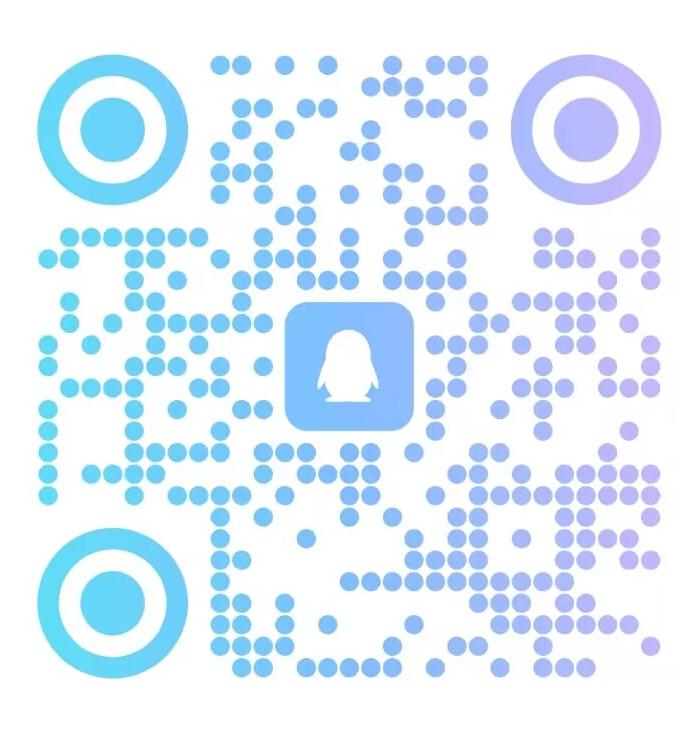QQ扫一扫联系

Section A
Reading Comprehension (40 minutes)
Directions: In this section, there is a passage with ten blanks. You are required to select one
word for each blank from a list of choices given in a word bank following the passage. Read the
passage through carefully before making your choices, Each choice in the bank is identified
by a letter. Please mark the corresponding letter for each item on Answer Sheet 2 with a single
line through the centre. You may not use any of the words in the bank more than once.
Thinking kind thoughts about yourself and your loved ones can prove beneficial for
your overall wellbeing, empirical evidence has shown. Researchers carried out an
investigation to explore the _26_ between having kind thoughts and a person's
psychological state.
For the study, five groups of participants were presented with a different set of audio
instructions, some of which encouraged the participants to think _27_ about themselves
and others which persuaded them to think in a self-critical manner. After listening to the
audio instructions, the participants were asked to answer a series of questions. These
included whether they felt agitated, how likely they were to show kindness to themselves
and how _28_ they felt to other individuals.
The participants who were instructed to think kindly about themselves were more
likely to exhibit a bodily response associated with being relaxed and feeling safe. Their
heart rates also dropped, which is a healthy sign of a heart that can respond flexibly to
situations. Yet, _29_, those who listened to the critical audio clips were noted as having
a higher heart rate and sweat response afterwards, both of which _30_ feelings of threat
and distress.
Having the ability to switch off the body's natural threat response can _31 a person's
immune system. This, in turn, gives them a greater likelihood of recovering quickly from
illness. These findings help us to further understand some of our clinical trials research
findings, where we show that individuals with _32_ depression benefit particularly from
self-awareness-based _33 therapy. They essentially learn to become more sympathetic
to themselves.
The sense is that for people 34 to depression, meeting their negative thoughts
and feelings with _35 is a radically different way; that these thoughts are not facts. It
introduces a different way of being and knowing that is quite transformative for many
people.
A)adversely
B)amiably
C)boost
D)cognitive
E)compassion
F)connected
G)correlation
H)fascinated
I) indignantly
J)insulation
K)lavish
L)prone
M)recurrent
N)signify
O)surpass